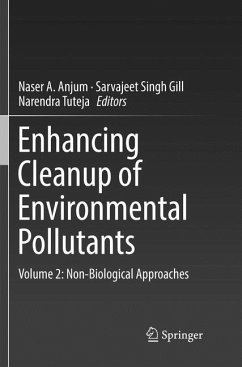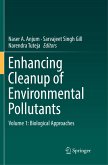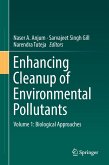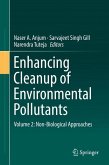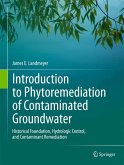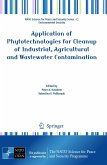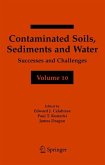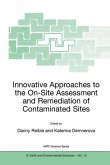This two-volume work is an effort to provide a common platform to environmental engineers, microbiologists, chemical scientists, plant physiologists and molecular biologists working with a common aim of sustainable solutions to varied environmental contamination issues. Chapters explore biological and non-biological strategies to minimize environmental pollution. Highly readable entries attempt to close the knowledge gap between plant - microbial associations and environmental remediation.
Volume 2 focuses on the non-biological/chemical approaches for the cleanup of contaminated soils. Important concepts such as the role of metallic iron in the decontamination of hexavalent chromium polluted waters are highlighted; in addition, nanoscale materials and electrochemical approaches used in water and soil remediation are discussed; and the synthesis and characterization of cation composite exchange material and its application in removing toxic metals are elaborated in detail. Readers will also discover the major advances in the remediation of environmental pollutants by adsorption technologies.
Volume 2 focuses on the non-biological/chemical approaches for the cleanup of contaminated soils. Important concepts such as the role of metallic iron in the decontamination of hexavalent chromium polluted waters are highlighted; in addition, nanoscale materials and electrochemical approaches used in water and soil remediation are discussed; and the synthesis and characterization of cation composite exchange material and its application in removing toxic metals are elaborated in detail. Readers will also discover the major advances in the remediation of environmental pollutants by adsorption technologies.

